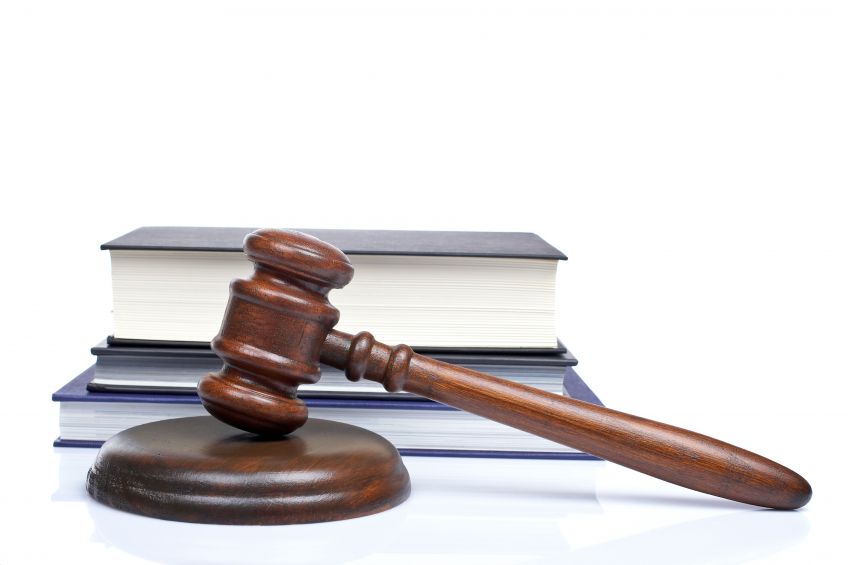Deciding to pay off all of your debts is one of the most important steps in controlling your finances. However, you should prioritize your debts in order of importance. Debts don’t all grow at the same rate, and going into default can have widely varying consequences. Paying the wrong debt at the wrong time can make you worse off than when you started, because penalties and interest can accrue on other debts. In this article, you will find information to help you prioritize debt.
Get the Bare Necessities
Many people fall behind on car loans, mortgage payments and monthly bills. If you miss these payments too often, creditors can disconnect your utilities, repossess your property and foreclose on your home. These loans typically have a lower interest rate than that of credit cards and other kinds of consumer debt, meaning that you’ll increase your debt load more slowly.
Because of this, many consumer debt advocates and bankruptcy attorneys advise clients to pay the minimum amount necessary to retain their utilities, mortgage and vehicles while paying other debts. In many cases, borrowers can work with lenders to come up with a different payment plan, or to reduce the principal on the loan. If you are too far behind on secured debts, lenders often apply most of your payments to the accrued interest, leaving little to go toward the loan’s principal. If you believe this has happened, you should talk to Aurora’s Best Bankruptcy Attorney immediately.
Do Your Legal Duty
Tax payments and child support are seldom dis-chargeable, even with the help of Aurora’s Best Bankruptcy Attorney. However, most tax and child support collection agencies work with debtors to form a payment plan that’s budget-friendly. If you have such a payment plan, follow it to the letter. Failing to make the required payments can have long-lasting consequences, and can even land you in jail.
Pay off High-Interest Debt
Now that you have taken care of your necessities and your legal duties, you can pay the remainder of your debts. For most people, credit card debt creates much of the burden; these cards typically carry an interest rate of up to 30%. Most credit card debt is comprised of interest and late fees, and the banks can often reduce your debt without incurring substantial losses. Visit us for more info.







